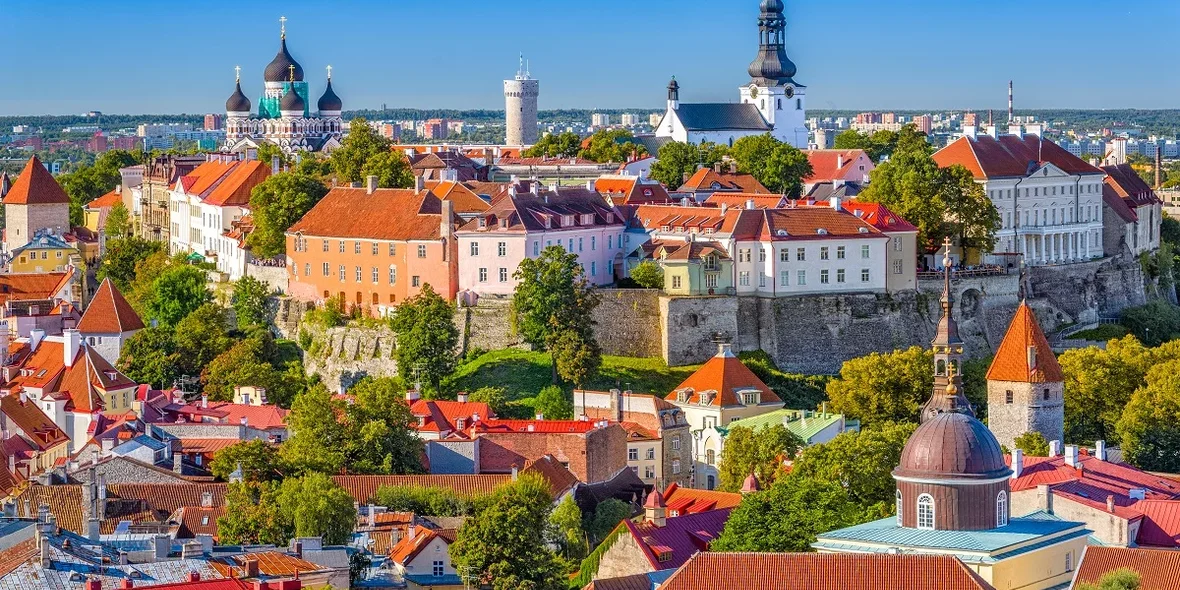
Startups and rents: How the tech boom changed the real estate market in Estonia
Startup activity in Estonia has led to a sharp rise in rents. But the problem is not only that. Let's look at the causes and consequences.
Estonia, known as the “land of unicorns” thanks to the success of companies like Bolt and Skype, has experienced a boom in the startup sector. However, after two decades of growth, locals and foreigners have struggled with housing affordability. According to Eurostat, rents in Estonia have more than tripled since 2010, the most significant price increase in the European Union during that period.
The fact is that the real estate rental market in Estonia's largest cities is dominated not by young people, as in many other countries, but by technology workers. They come to the country from abroad, attracted by the opportunity to work in technology and favorable tax conditions. In the decade from 2011 to 2021, the country's population grew by more than 15% thanks to the influx of such professionals.
Reasons for the rise in rentals
However, this boom in the rental market is not only caused by the country's digital ecosystem but also by historical factors. After Estonia regained its independence in 1991, the government actively encouraged people to buy their own real estate. Support included tax incentives and additional mortgage security.
This policy has led to the fact that today only 18% of Estonian residents rent, while the rest own their own real estate or live in housing owned by another member of their family.
Consequences of rising rents
The rise in interest rates following the COVID-19 pandemic has only exacerbated the real estate market, leading to additional rent increases. However, not everyone who rents in Estonia is a highly paid-technology professional.
According to Eurostat, more than a quarter of renters say that housing costs have become a burden, and they have to allocate more than 40% of their income to rent. The most vulnerable to rising rents are young people from poor families who cannot afford to buy their own homes, as well as students and rural residents moving to the cities of Tallinn and Tartu.
Reaction of the construction industry
Estonia's construction industry is actively responding to high demand. In 2022, 16 times more new homes were built per capita in the country than in the UK. This is an impressive figure considering that 6,521 new homes were built in a country with a population of just 1.3 million.
Nevertheless, experts believe that access to owning your own home in Estonia will continue to be a problem in the near future, and this could lead to a further rise in rental prices.
Author
I am responsible for editorial work. I write expert interviews and guides.























